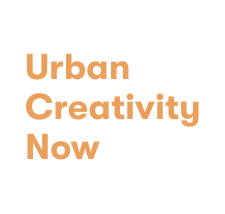A free library of sports and recreational equipment
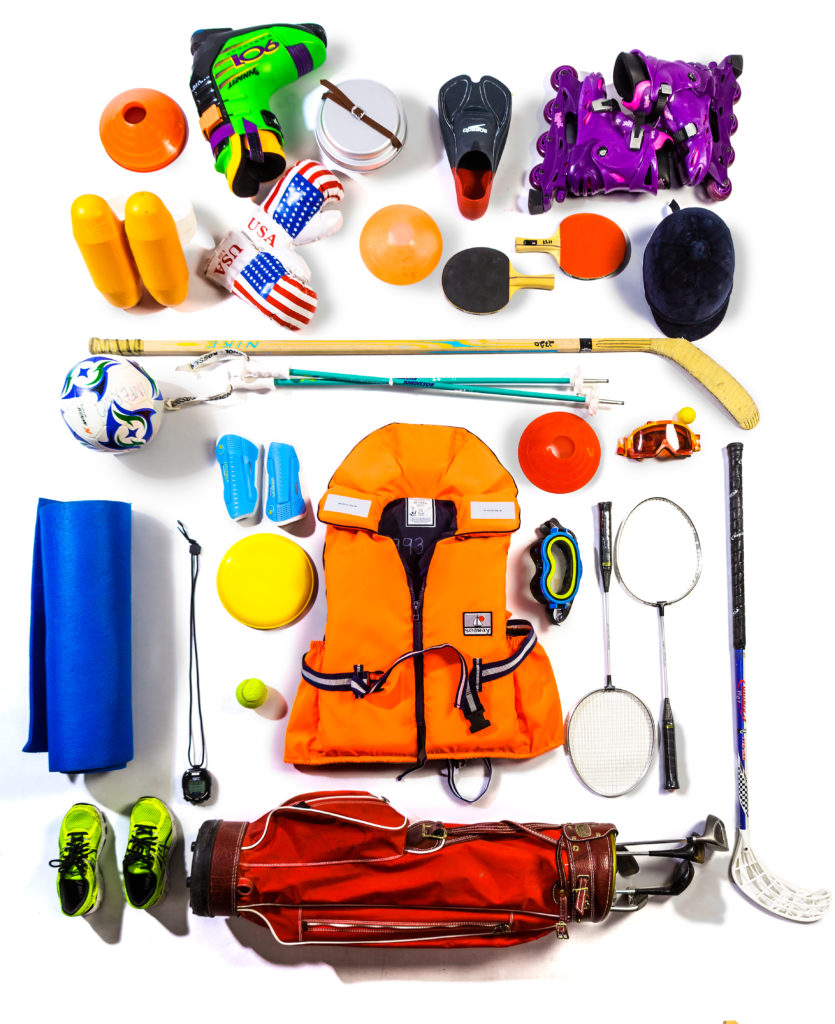
During the Covid pandemic, the need for outdoor exercise has increased. People moved to parks and other public spaces to keep up with their workout routines. The only thing missing were specific offerings to support this new outdoor movement. What if you could simply borrow sports and leisure equipment for free instead of buying it? In Sweden, this offering has already been installed in 2013.
The Playbook for the Post-Covid City – Interview with Amelie Deuflhard
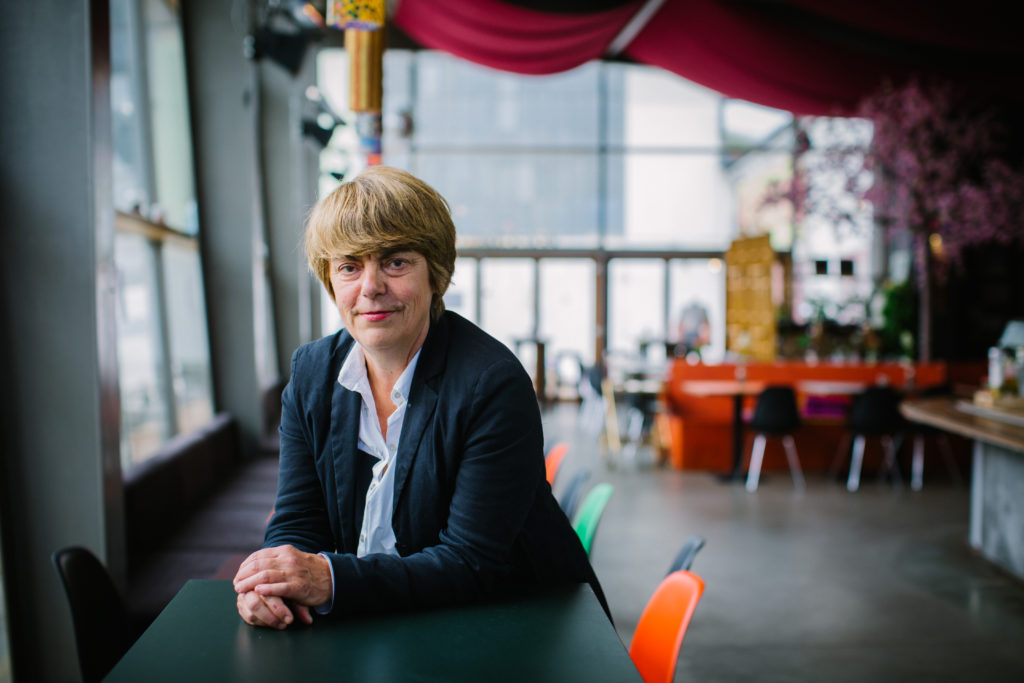
For Amelie Deuflhard, artistic director of the international performance and arts venue Kampnagel in Hamburg, the city is always also a stage. There are many examples of this, from participatory art projects in Hamburg’s HafenCity to the interim use of the gutted Palast der Republik in Berlin. Born in Stuttgart, she read romance languages, history and cultural studies in Frankfurt am Main, Tübingen and Montpellier before moving to Berlin for many years. There, she took over the management and artistic direction of the Sophiensæle in 2000. We asked her about the challenges of artistic work in the pandemic, the standstill of public life and its consequences, the potential of inner-city closures and how we can diversify our thinking about the city today and in the future.
The interview with Amelie Deuflhard took place on 04.02.2021. To cushion the impact of the Covid crisis, the coalition government is launching a Covid aid package of 1 billion euros, which is intended to be used to benefit businesses, restaurants and culture, as well as low-income earners and families.
The Playbook for the Post-Covid City – Interview with Stephan Karrenbauer
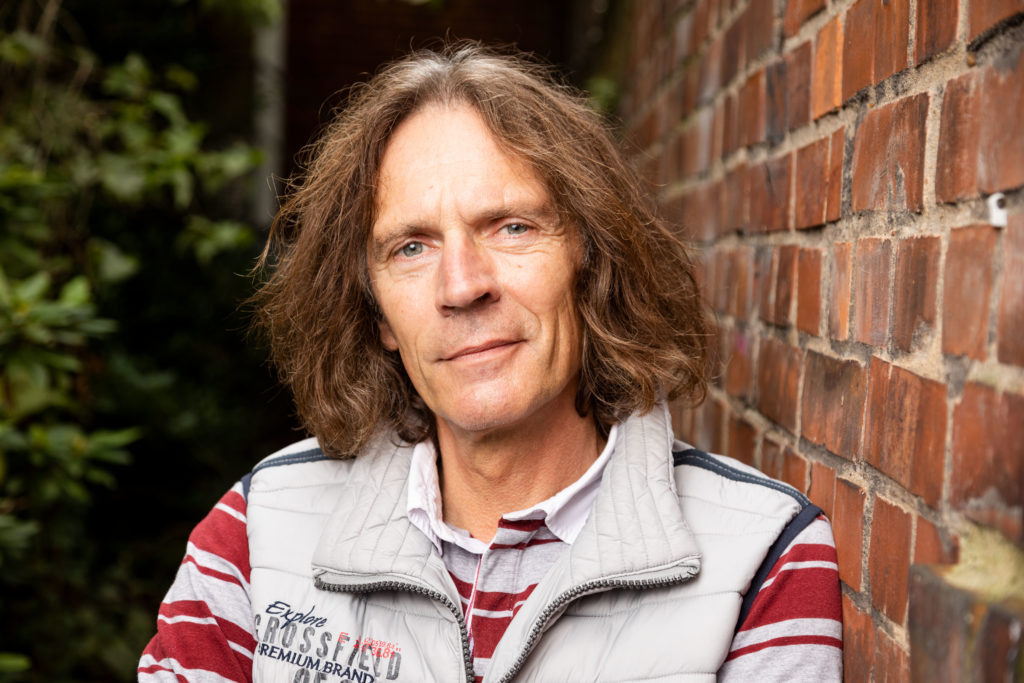
The Covid crisis hits homeless people particularly harshly and requires quick, flexible solutions for those affected – that much is clear after a wake-up call with Stephan Karrenbauer. The social education graduate is a social worker and political spokesperson for the Hamburg Street magazine Hinz&Kunzt. There, he has been supporting and advising homeless people since 1995, in their search for a flat or accommodation, bureaucratic issues, addiction problems, loneliness and money worries. In this interview, we talked about the challenges Covid poses to social work, to what extent the pandemic-related vacancies in the cities can be an opportunity for homeless people and why there should be more experimentation and evaluation in social work.
The interview with Stephan Karrenbauer took place on 15.02.2021. In Germany, the number of registered new infections had fallen sharply. The debate about relaxing the Covid measures was continuing to gain momentum.
Platform matches vacant retail spaces with creative tenants
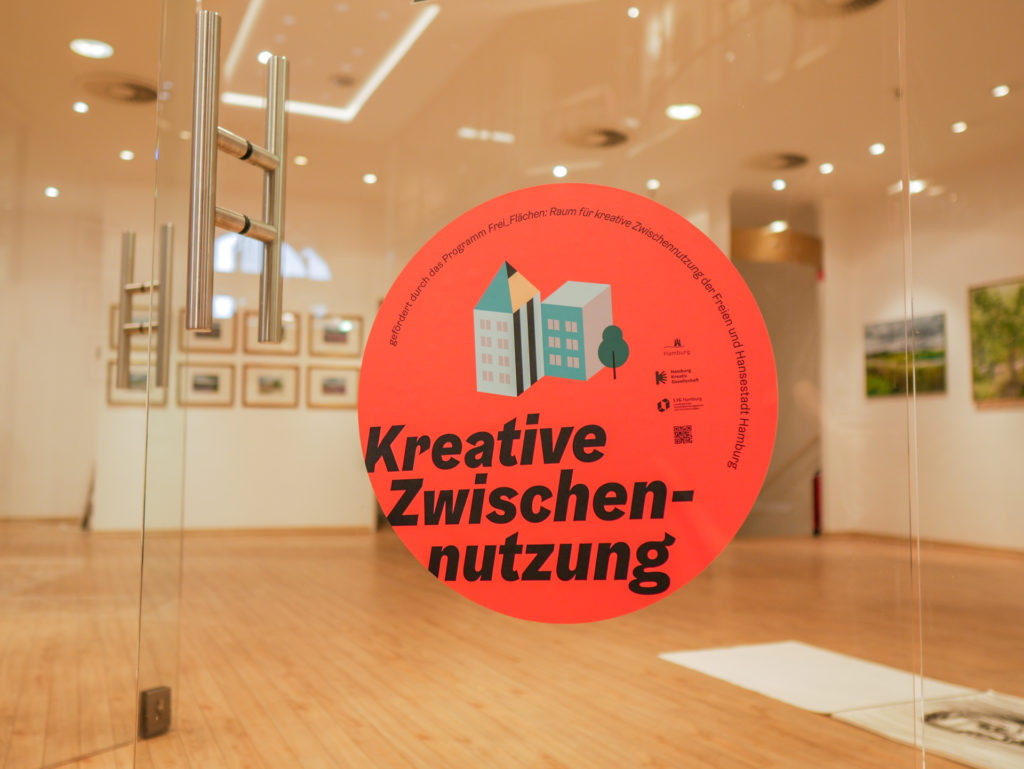
Finding suitable spaces is often a real challenge for creative professionals. This is especially true for attractive locations in the city center, often occupied by retail hence unaffordable for creatives. At the same time, the coronavirus pandemic has dramatically increased the vacancy of urban retail spaces – including Hamburg.
The Playbook for the Post-Covid City – Interview with Jenny Grettve
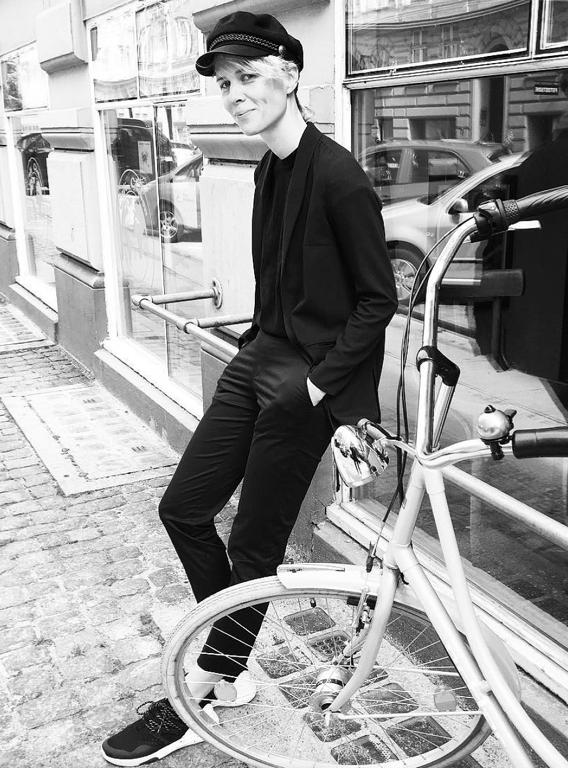
Jenny Grettve is an architect, writer, artist and designer. With a broad background and years of experience in the architecture, design and fashion industries, she works as a creative consultant with a focus on conceptual work, rapid problem solving, interdisciplinary projects and productions. Jenny is part of the multi-disciplinary design team at Dark Matter Labs. Her areas of focus include spatial transformation, social integration, temporary urban projects, writing, architecture, art and modular structures, object design and exhibitions for the private and public sectors. We talked to Jenny Grettve about how to make cities more resilient to catastrophes, why we should collaborate and experiment more, and why this requires an economy of generosity.
Mit dem Bicibús gegen die autogerechte Stadt anradeln
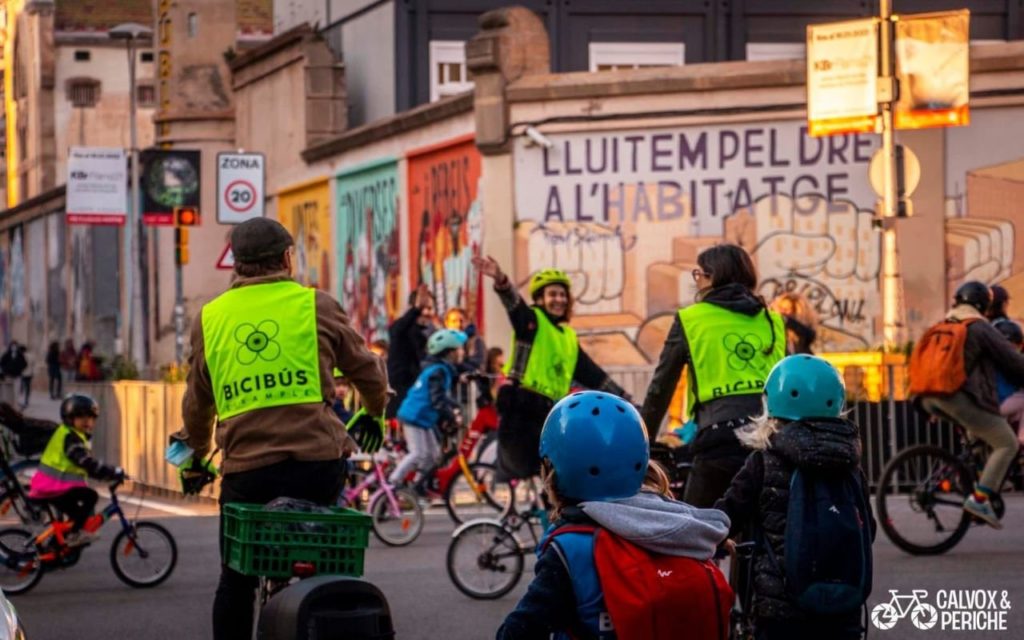
In Barcelona trotzen zurzeit hunderte Familien der autogerechten Stadt. Im September schloss sich eine Handvoll Eltern im Stadtteil Eixample zusammen, um ihre Kinder gemeinsam mit dem Rad zur Schule zu begleiten. Was als kleine (Rad-)Fahrgemeinschaft begann ist mittlerweile zu einer eindrucksvollen Bewegung erwachsen. Immer freitags bevölkert eine Horde von Kinder mit ihren Eltern Barcelonas Straßen und fährt geschlossen zur Schule – auf Fahrrädern, Rollern und Rollschuhen. Die Kinder erobern sich damit den Straßenraum zurück, Autos müssen hingegen warten oder woanders lang fahren.
Buchtipp: Ein Kinderbuch erkundet die Stadt der Zukunft
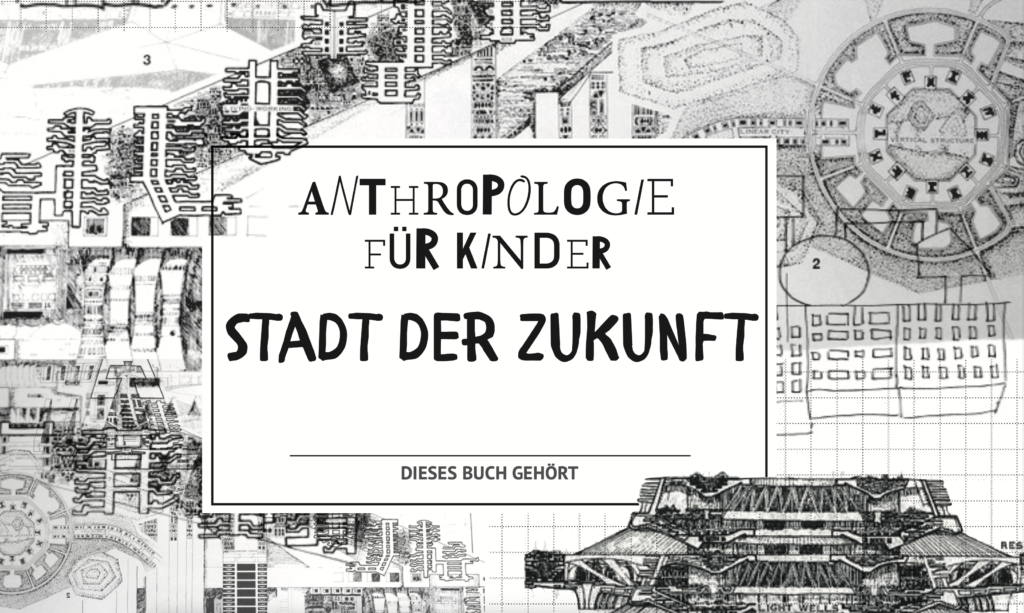
Das Buch präsentiert 30 historische oder erfundene Städte und lädt kleine und große Kinder dazu ein, deren Gestalt und Regeln weiter zu entwickeln. Konzipiert als Mitmachbuch, in dem gemalt, gezeichnet und geschrieben werden kann, zeigt „Stadt der Zukunft“ nicht nur die Vielfalt städtischer Lebensweisen im Laufe der Geschichte und in verschiedenen Kulturen.
A multi-storey car park turns into a house for living, working and culture
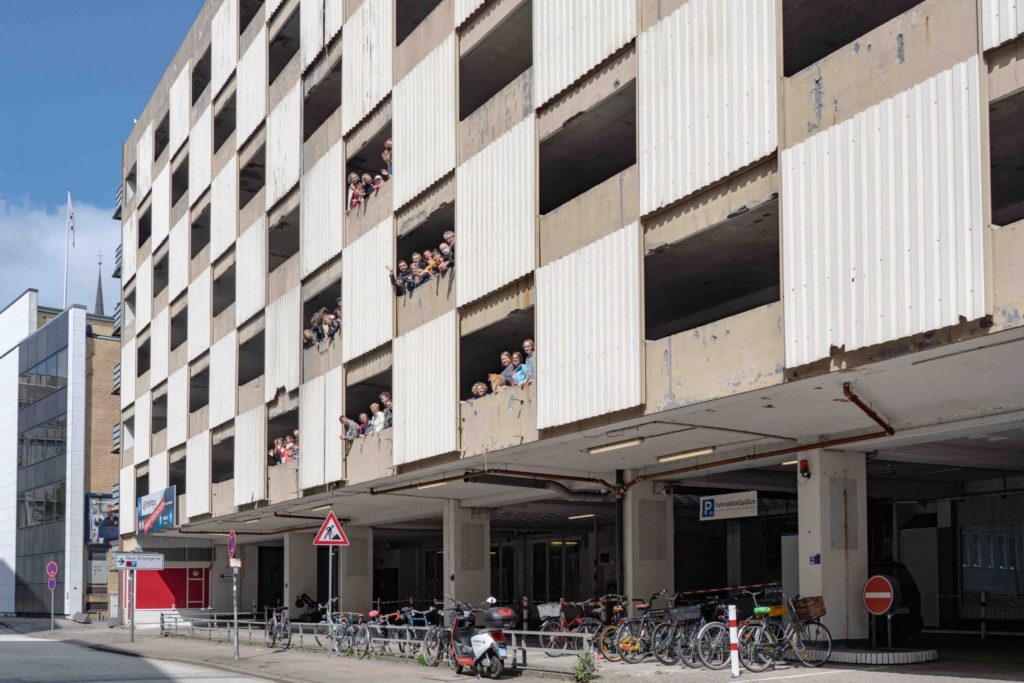
The pandemic has pointed out that we need more diverse use- and housing concepts in city centres. In Hamburg the abandoned multi-storey car park Gröninger Hof is being converted into a new place to live, work and play. Instead of demolishing the building, the existing structure is being used – this smart move tremendously saves construction costs and CO2.
The Playbook for the Post-Covid City – Interview with Dieter Läpple
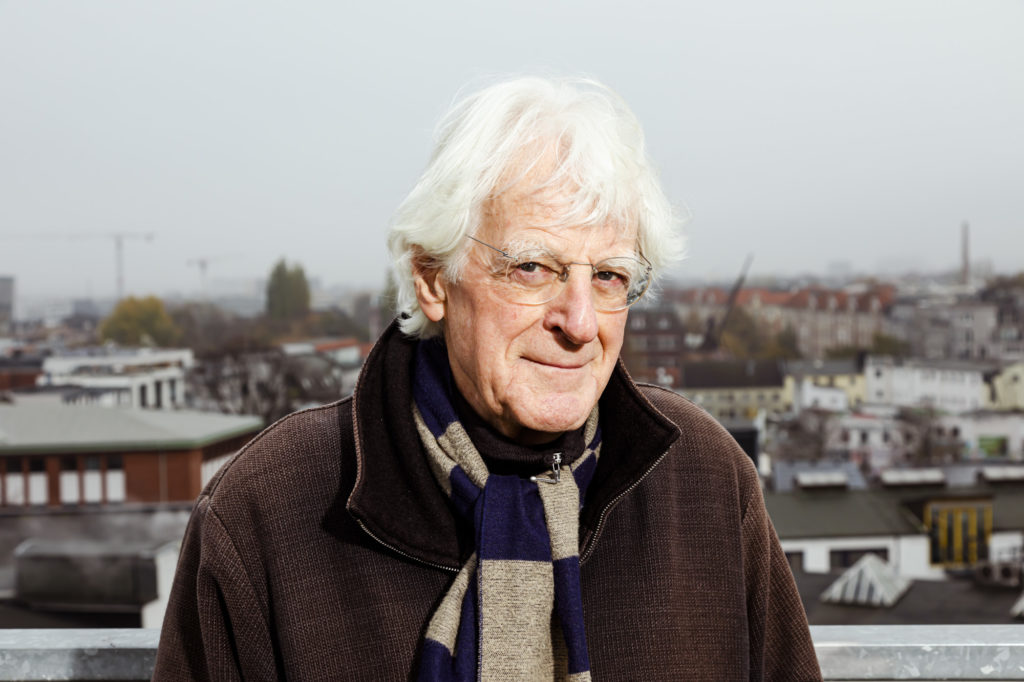
Dieter Läpple is Professor Emeritus of Urban Research at HafenCity University Hamburg. For many years, he headed the Institute for Urban Economics at Hamburg University of Technology and taught and researched in Berlin, Amsterdam, Paris, Aix-en-Provence, Marseille and Leiden. He was a Fellow of the Brookings Institution in Washington, advisor to the “Urban Age” programme of the London School of Economics and is a member of the Scientific Advisory Board at the Singapore-ETH Center’s “Future Cities Laboratory”. We talked to him about why Covid is putting the commons back at the centre of urban development policy, what inner cities can learn from neighbourhood centres and how we can shape the future at the city level.
A swap shop for flats
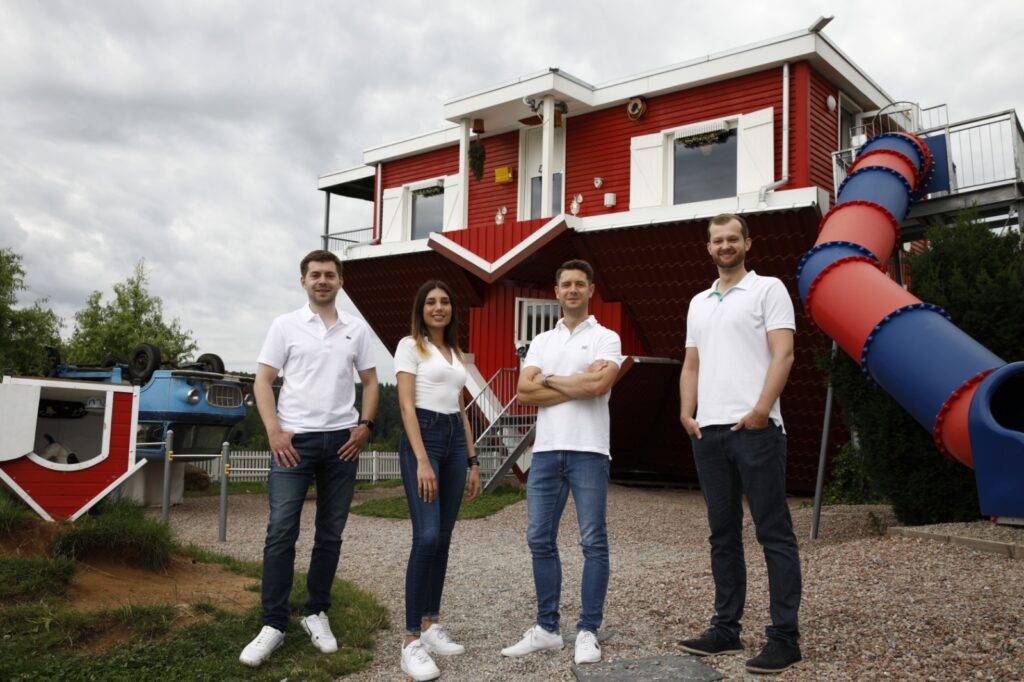
Despite the Covid crisis, prices in the real estate market continue to rise. Especially in big cities, the housing market is a tough place where new solutions are much needed. Instead of struggling with an estate agent or hundreds of people in flat viewings, flat swapping is an interesting alternative to the conventional flat search. […]
A weather and climate workshop for citizens
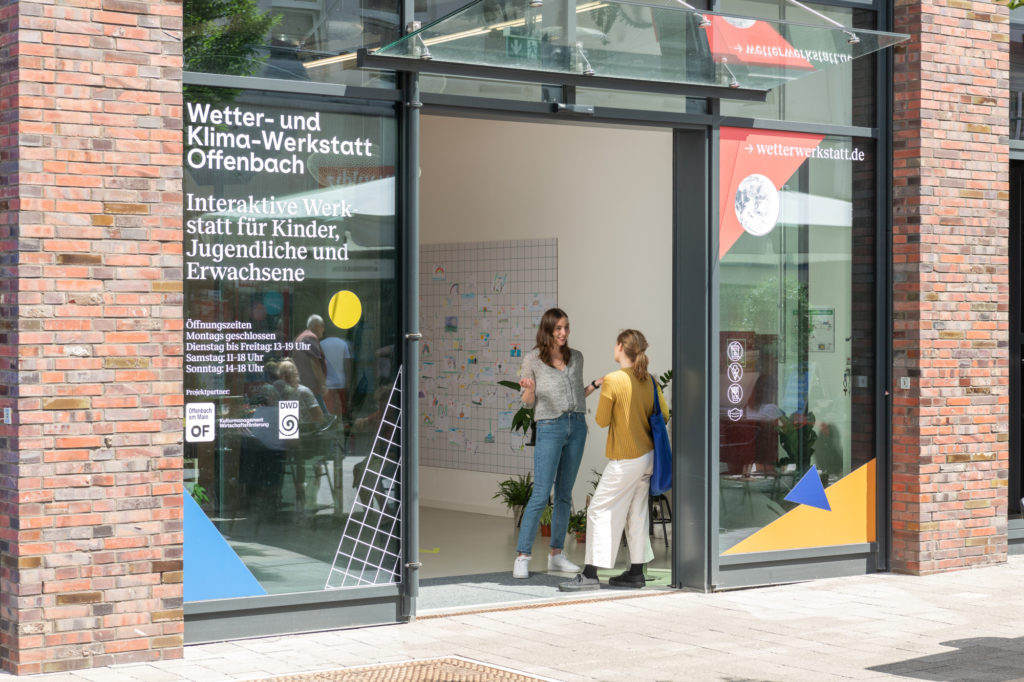
In light of the covid pandemic, the need for adequate urban green spaces has increased. In order to make more people aware of the importance of environmental and climate protection, the Office of Cultural Management and Economic Development of the City of Offenbach has entered into an innovative cooperation with the German Weather Service. The Weather and […]
The Playbook for the Post-Covid City – Interview with Mitra Kassai
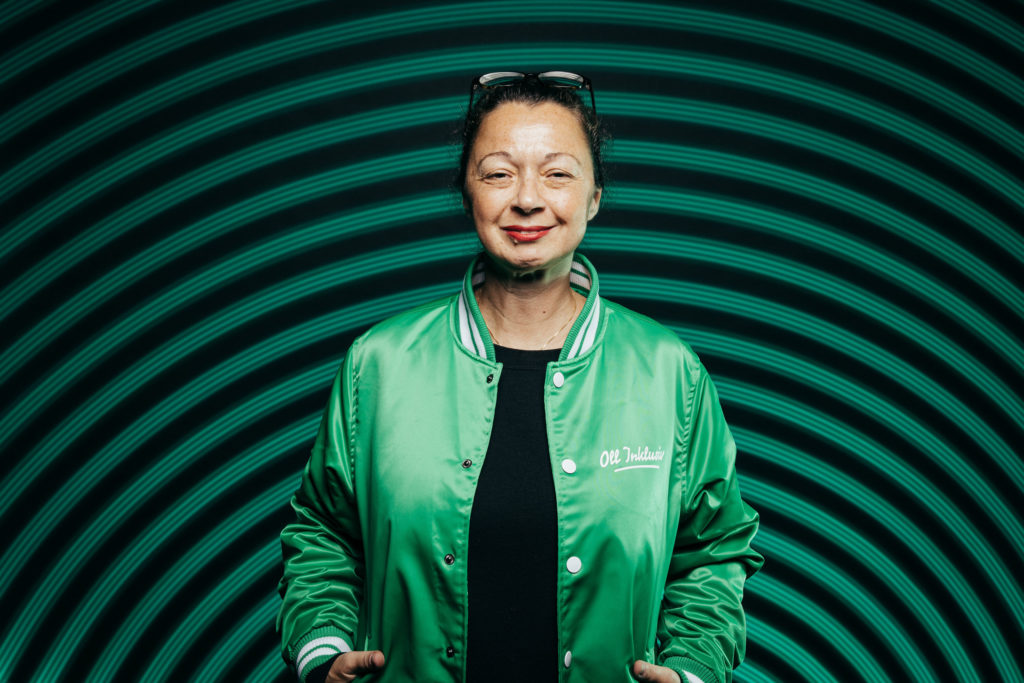
Mitra Kassai is an old hand in Hamburg’s music and cultural landscape. Born in Munich, she used to manage hip hop legends such as 5 Sterne Deluxe, now sits on the board of Rock City e.V., an association for the promotion of young musicians, and is an advisory board member of the Millerntor Gallery. As the founder of the non-profit initiative Oll Inklusiv, she has been organising events for “seniors and senioritas” since 2017 – from trips to the city’s clubs and street art tours to music bingo and graffiti workshops. We spoke to her about how cities are becoming more age-friendly, why the pandemic is teaching us that we need more flexibility in the decision-making processes and what a roller skate rental shop has to do with anything.
The Playbook for the Post-Covid City – Interview with Jens Wille
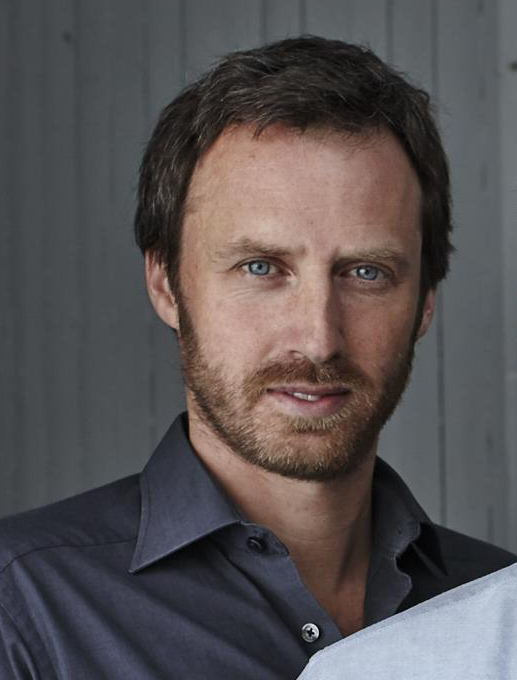
Jens Wille has always been fascinated by maps. After training with Deutsche Bahn as a surveyor and cartographer, he studied urban and regional planning, architecture and urban design in Weimar and Glasgow and then immersed himself in the world of media design. His love of maps culminated in the co-founding of Ubilabs in 2007. As a data and location technology consultancy, Ubilabs supports data-driven companies that are shaping the future of mobility, life in cities, and sustainable development. To this end, Ubilabs offers an integrated portfolio of consulting, software development, visualisation, and data management. We talked about the importance of data in the Covid crisis, the potential of mobility analytics and why pop-up bike lanes need an outlet for feedback.
The Playbook for the Post-Covid City – Interview with Marion Klemme
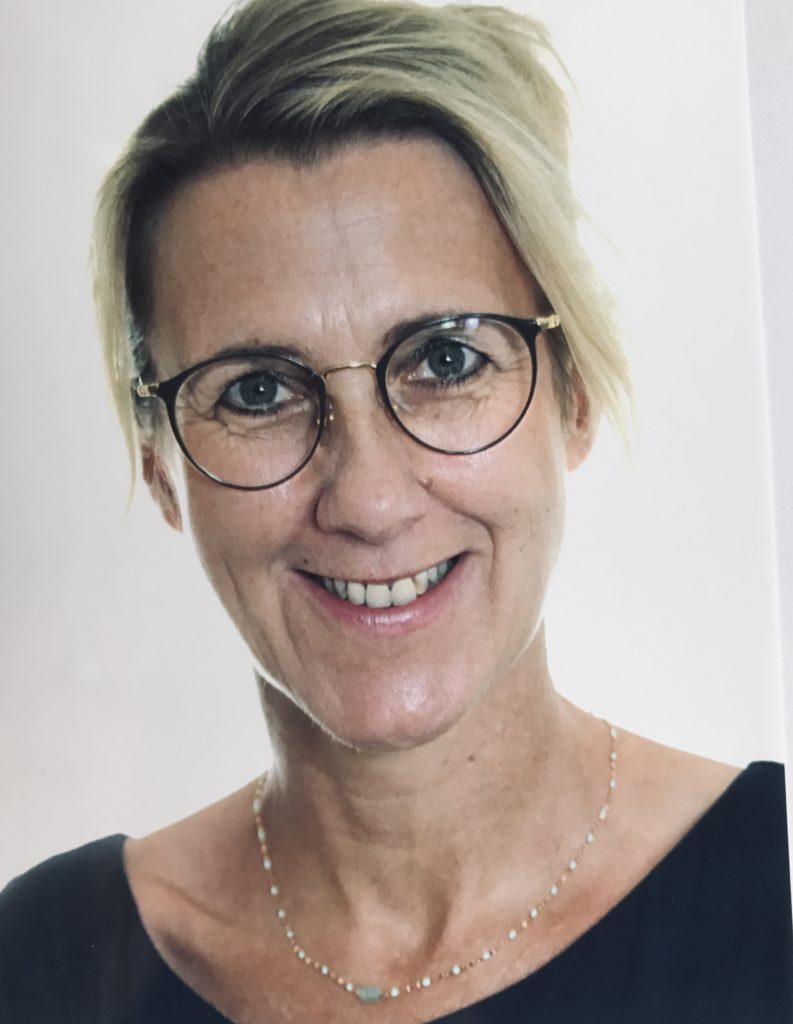
The Covid pandemic has shown us what it looks like when there is no life left in the cities. Dr Marion Klemme directs our attention to public spaces and their development. She heads Department I 2 Urban Development at the Federal Institute for Research on Building, Urban Affairs and Spatial Development (BBSR) in Bonn. The department provides scholarly policy advice on social developments and their effects on the levels of action in cities and urban neighbourhoods.
The Playbook for the Post-Covid City – Interview with Stephan Rammler
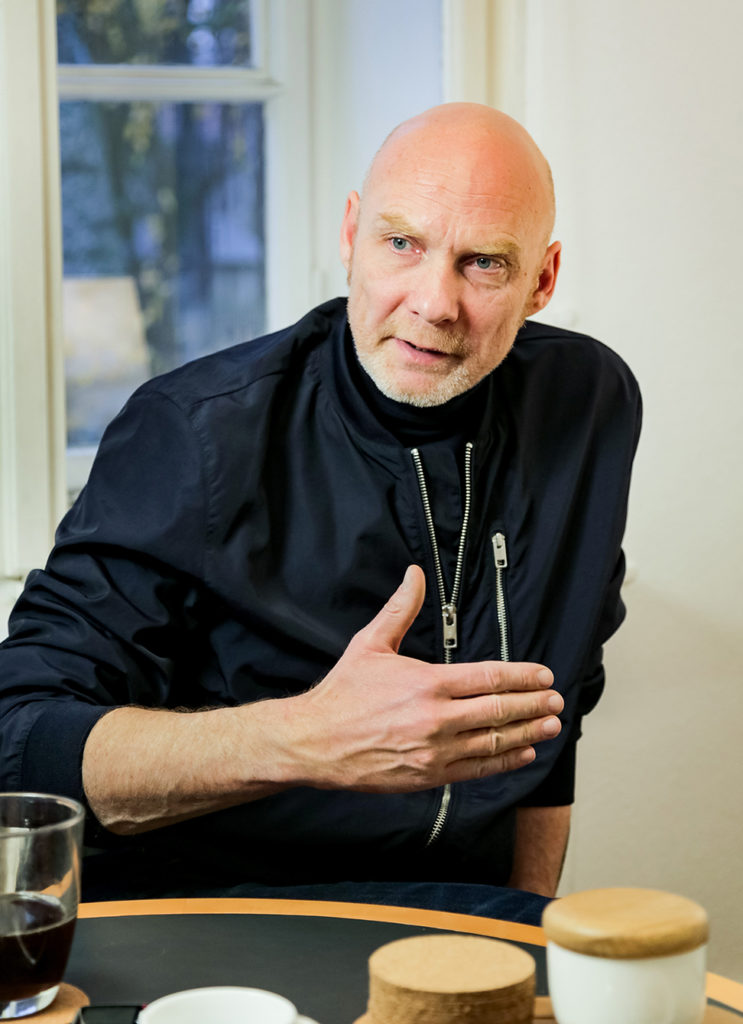
We shouldn’t believe every cock and bull story. We need well-founded analyses to cope with this and subsequent crises. The futurologist and mobility expert Professor Stephan Rammler has convinced us of this. He is the scientific director of the IZT – Institute for Futures Studies and Technology Assessment gGmbH in Berlin. He is currently researching the connection between digitalisation and sustainability.

